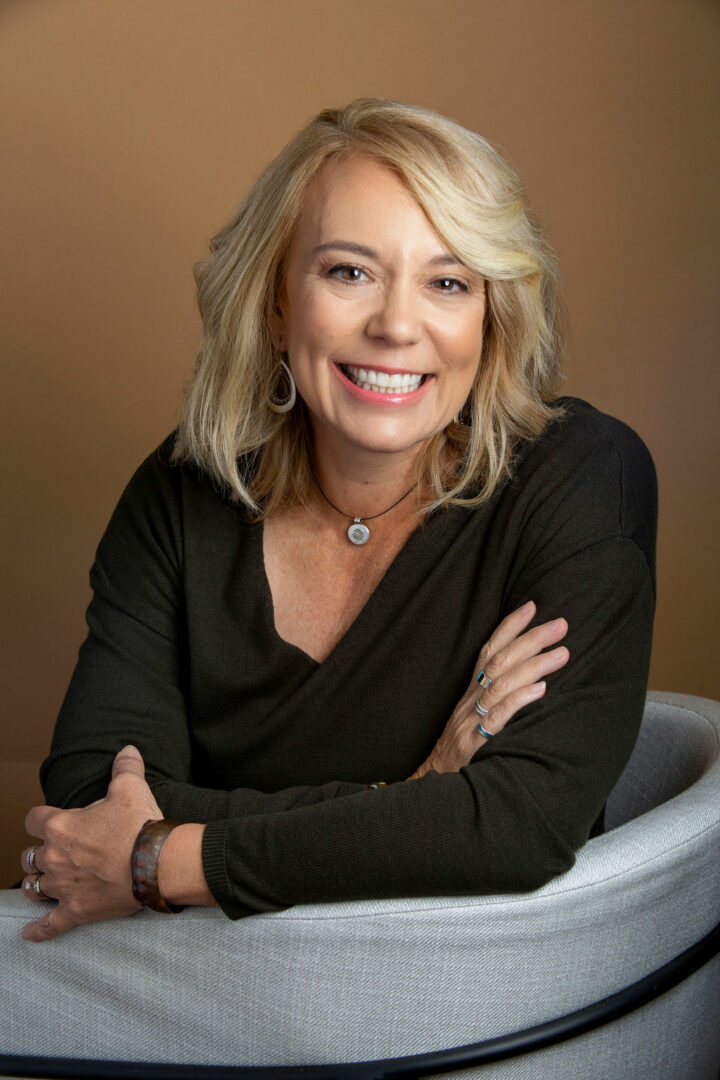We’re excited to introduce you to the always interesting and insightful Jenn Gruber. We hope you’ll enjoy our conversation with Jenn below.
Hi Jenn, really happy you were able to join us today and we’re looking forward to sharing your story and insights with our readers. Let’s start with the heart of it all – purpose. How did you find your purpose?
I spent much of my adult life struggling to find out my purpose. I’d taken a nonlinear career path, working in a variety of fields both before and after a period spent primarily as a stay-at-home-mom, as well as serving in a number of volunteer roles. I felt like my life was made up of a mishmash of random experiences, and I kept hoping that my purpose would reveal itself before it was too late to pursue it fully.
As I approached my 50th birthday, I decided to take a deep dive into exploring what the next chapter of my life might look like. I was working with a coach who asked me what gifts or talents made me unique, and I had no idea how to answer the question. A careful examination of my strengths, along with a lot of soul-searching, led me to the realization that I’m an intuitive and empathetic listener – a quality I didn’t think made me especially unique, but that I was willing to claim as a skill. This insight led me to pursue a life coaching certification and, the further I progressed in my training, the more I realized I’d finally found the career I’d been searching for.
Eventually, I came to recognize that my seemingly disjointed collection of jobs, volunteer positions, and experiences actually shared a common thread: a passion, as well as an innate aptitude, for connecting deeply with people and for helping them find more common ground with one another. It’s what I’ve loved most about every role I’ve held and, looking back, I saw that I’d been living my purpose for years — I just hadn’t recognized it.
Now, I’ve turned what once felt random — listening in a way that makes people feel seen, heard, and valued, helping them look at their lives and the world through a different lens, and supporting them in figuring out how to find greater joy and fulfillment — into a rewarding and intentional career.
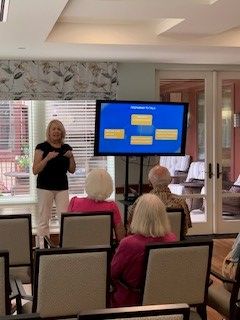
Appreciate the insights and wisdom. Before we dig deeper and ask you about the skills that matter and more, maybe you can tell our readers about yourself?
As a coach specializing in transitions, I support people who are overwhelmed by big life changes—particularly individuals figuring out how their aging parents’ increasing needs fit into their own already busy lives. My passion for this work stems from personal experience. After losing my dad to Alzheimer’s, I realized many adult children, like me, unexpectedly find themselves in roles they feel ill-equipped to handle. I wanted to support these individuals, who are often figuring things out as they go along without necessarily thinking of themselves as “caregivers,” so I carved out a niche that’s both unique and deeply needed.
Building this business has had its challenges. First, potential clients often don’t know my services exist. I’ve enjoyed addressing this by forming collaborative relationships with professionals in all realms of the senior care space. Second, time is in short supply for anyone juggling multiple demands, and trying to squeeze coaching into a packed schedule can feel impossible. People often don’t recognize the time-saving value until after we’ve begun working together. And third, discussing the emotions tied to a parent’s decline (sadness, anger, frustration, impatience, resentment, guilt…) can be really uncomfortable, so it makes sense when people are resistant to wanting to talk.
To address these hurdles, I created a digital course launching this spring: Supporting Your Parents in Their Next Chapter: A Practical Guide to Creating Your Personalized Plan. This course mirrors my coaching process, walking participants through four modules: assessing where they are now, envisioning where they want to be, creating a plan, and executing that plan. Within each module, we address tasks, relationships, and self-care to ensure a holistic approach.
Many people avoid planning for their parents’ decline because it’s uncomfortable. This course normalizes those feelings and focuses on aligning decisions with personal values. My goal is to help people navigate the emotional complexity of caregiving without losing the opportunity to cherish their parents’ final months or years. It’s possible to feel sadness, guilt, or frustration while also finding moments of joy—and that balance can make all the difference.
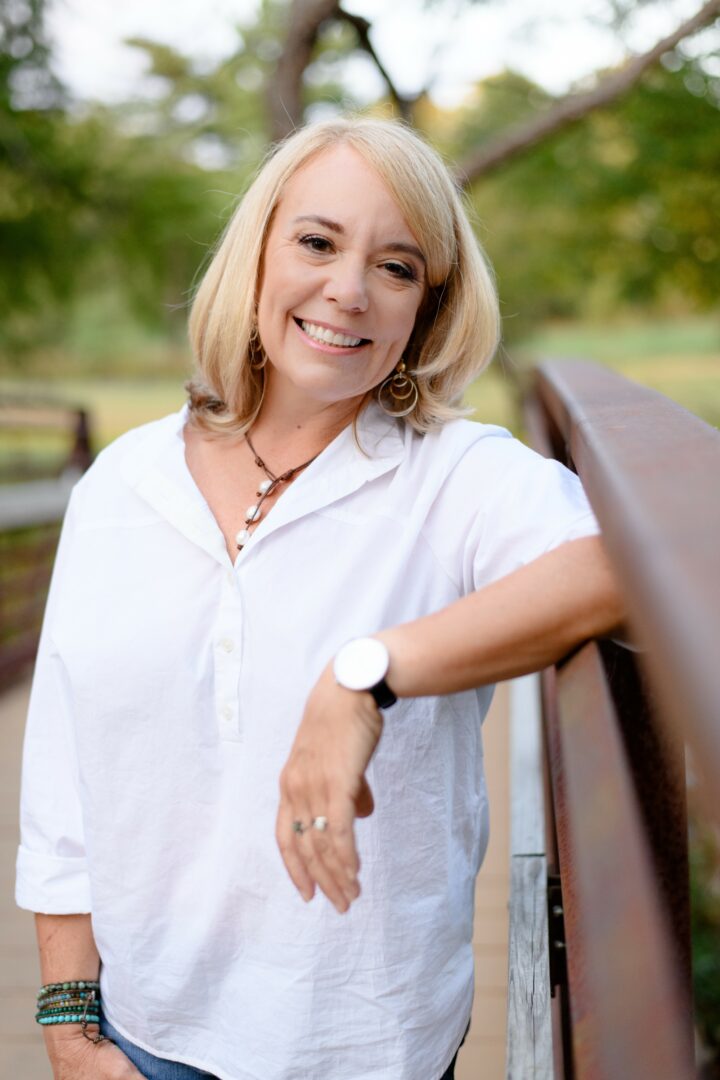
There is so much advice out there about all the different skills and qualities folks need to develop in order to succeed in today’s highly competitive environment and often it can feel overwhelming. So, if we had to break it down to just the three that matter most, which three skills or qualities would you focus on?
When I think about the three skills that have been most impactful to me, the one that tops the list is knowing “my why.” Understanding my purpose—being clear on the why behind what energizes and fuels me and behind the difference I want to make in the world—has provided me with motivation and has directed my path. This “why” serves as a guidepost when I’m navigating challenges and propels me forward.
I’d encourage anyone who isn’t clear on their “why” to spend time reflecting on what truly matters to you. Ask yourself: What motivates me? What values do I prioritize? What compliments have I received that are most meaningful to me? What ignites a spark in me? What kind of impact do I want to have? Start by brainstorming, then play around with creating a draft mission statement. Our experiences shape our perspectives, so be open to allowing this “why statement” to evolve over time.
The second thing that’s been incredibly instrumental for me is surrounding myself with supportive people. I used to believe that true success required accomplishing things without assistance from anyone else. I realize now that I was making life so much harder for myself! I’ve come to recognize that success is rarely a solo journey. By choosing to surround myself with people who inspire, challenge, and uplift me, I’ve created a team of cheerleaders and a bank of resources. I no longer view asking for help as a weakness—it’s a strength that opens doors to learning and growth.
My advice to anyone who feels alone in their ventures is to be intentional in building your network. Seek mentors, peers, and friends who genuinely want to see you succeed. Don’t hesitate to ask questions or seek advice; most people are happy to help if you show genuine interest and gratitude. Remember that connections built on mutual trust and support are reciprocal — you’re not the only one benefitting from the relationship.
The third skill has been the most difficult one for me to develop — letting go of the idea of perfection. For most of my life, I was terrified of making mistakes. I judged myself harshly and, assuming others would do the same, worked diligently to avoid embarrassment and humiliation. The easiest way for me to accomplish this was by avoiding risks. If I didn’t take chances, I’d be less likely to make mistakes and to experience the resulting sense of shame. My perfectionism, I’ve learned, paralyzed me. Reframing my mindset around “failure,” viewing setbacks as opportunities for learning and growth, has allowed me to take risks and innovate. Fear still shows up at times, but it no longer keeps me stuck.
To anyone who struggles with fear of failing, know that your feelings are real and valid. Our brains are wired to protect us, and mistakes can feel dangerous, so it makes sense that we’d want to avoid them. It can be helpful to create measurements for success that are based on the effort rather than the outcome. When any forward motion is seen as progress and every result is viewed as a valuable step towards reaching a goal, all action is representative of success. Finally, remember (or, better yet, make sure you have someone in your corner who can remind you) to practice self-compassion and to celebrate how far you’ve come.
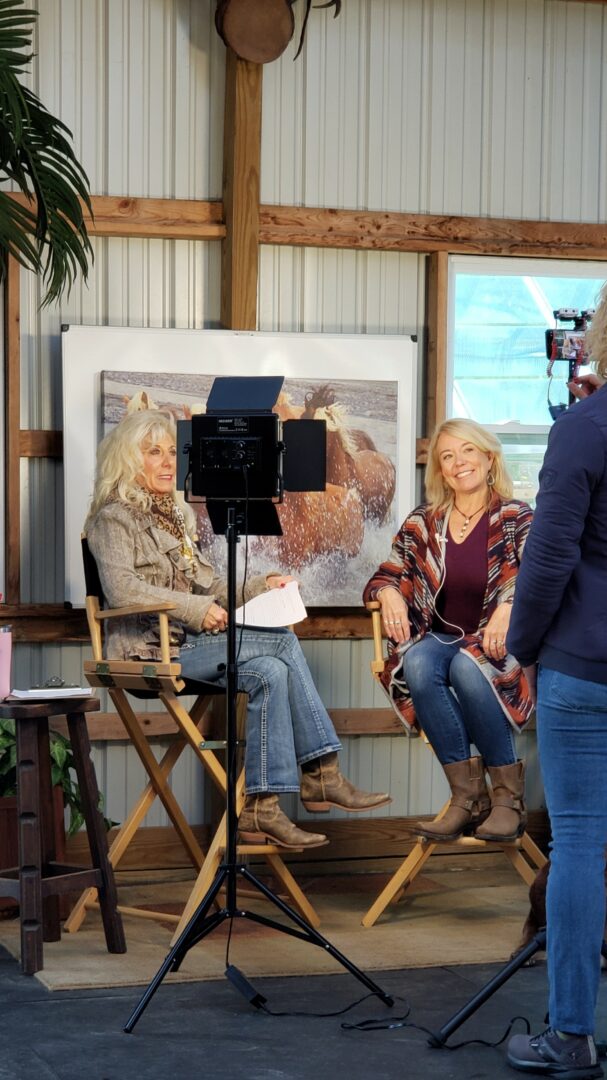
Awesome, really appreciate you opening up with us today and before we close maybe you can share a book recommendation with us. Has there been a book that’s been impactful in your growth and development?
As part of my coach training program, I read Energy Leadership, by Bruce D. Schneider. The book addresses the energy that individuals bring to situations, and the author explains that one’s energy level –- the way they’re showing up — offers a key to understanding why people think and act the way they do. Among the seven levels, the lower two provide an energetic boost to combat short-term stress but drain energy over time, while the remaining five are forward-focused and energizing. By increasing our awareness of our own energy, we can evaluate how it’s serving us and can consciously choose, when appropriate, to shift our energy.
One of the key points is that every energy level serves a purpose. There are advantages and disadvantages to each, and none are inherently good or bad. The most appropriate level is dependent on the individual and the situation. Energy levels are tied closely to emotions and, because there are no right or wrong emotions, no one is in a position to tell anyone else how they “should” be feeling or showing up. This is reflective of the goal of coaching – it’s not about giving people advice — it’s about guiding them to find the solutions that are right for them.
Another message that really speaks to me is, “people experience a completely different energy when they believe they have the freedom to choose rather than being forced to do something.” It’s applicable in considering how to propose a new idea to someone, but it can also be a valuable tool when talking with someone who feels like a victim. Helping people to recognize that they do have choices, even when they’re feeling like they don’t have options, can be very powerful.
A final concept I love is that shifting our own energy automatically shifts the energy of those around us. It’s easy to become frustrated by having to deal with family members, co-workers, friends, or neighbors who we perceive as negative or difficult. That frustration impacts the way we show up, which often intensifies the energy the other person is exhibiting. Humans tend to try to match the energy of the people we’re interacting with, so one person’s energy feeds into the other’s. We can only control ourselves but, when we make a shift, the response also changes.
In addition to offering valuable coaching tools, the book helped give me a new perspective on myself, offering insight into how I can recognize and raise my own energy. Being able to pause for a moment in any situation, to take a step back and think about the energy levels that are coming into play, is a skill that’s been a real game changer in my life!
Contact Info:
- Website: https://www.jenngruber.com
- Instagram: https://www.instagram.com/jenngrubercoaching/
- Facebook: https://www.facebook.com/profile.php?id=100091476324434
- Linkedin: https://www.linkedin.com/in/jenn-gruber/
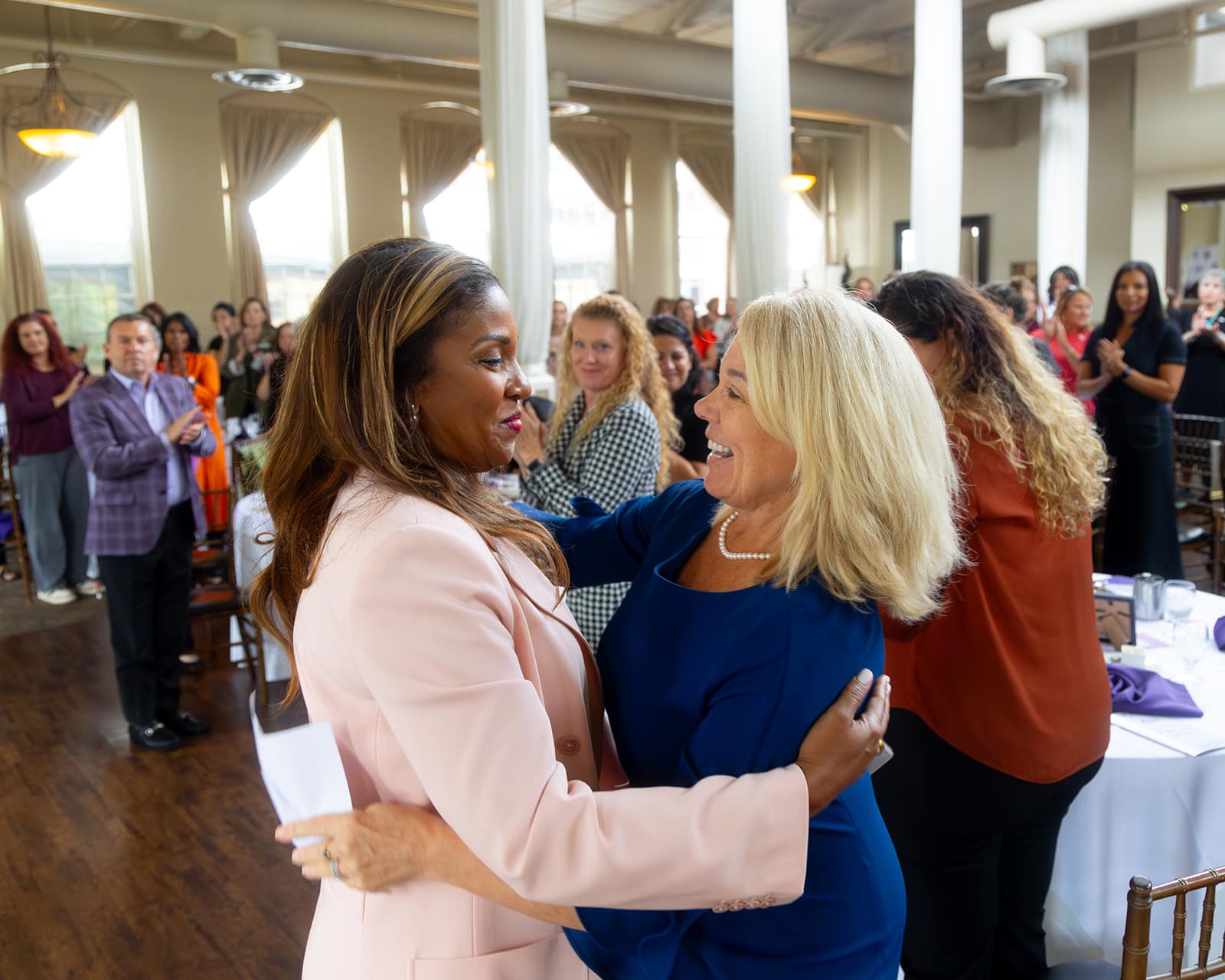
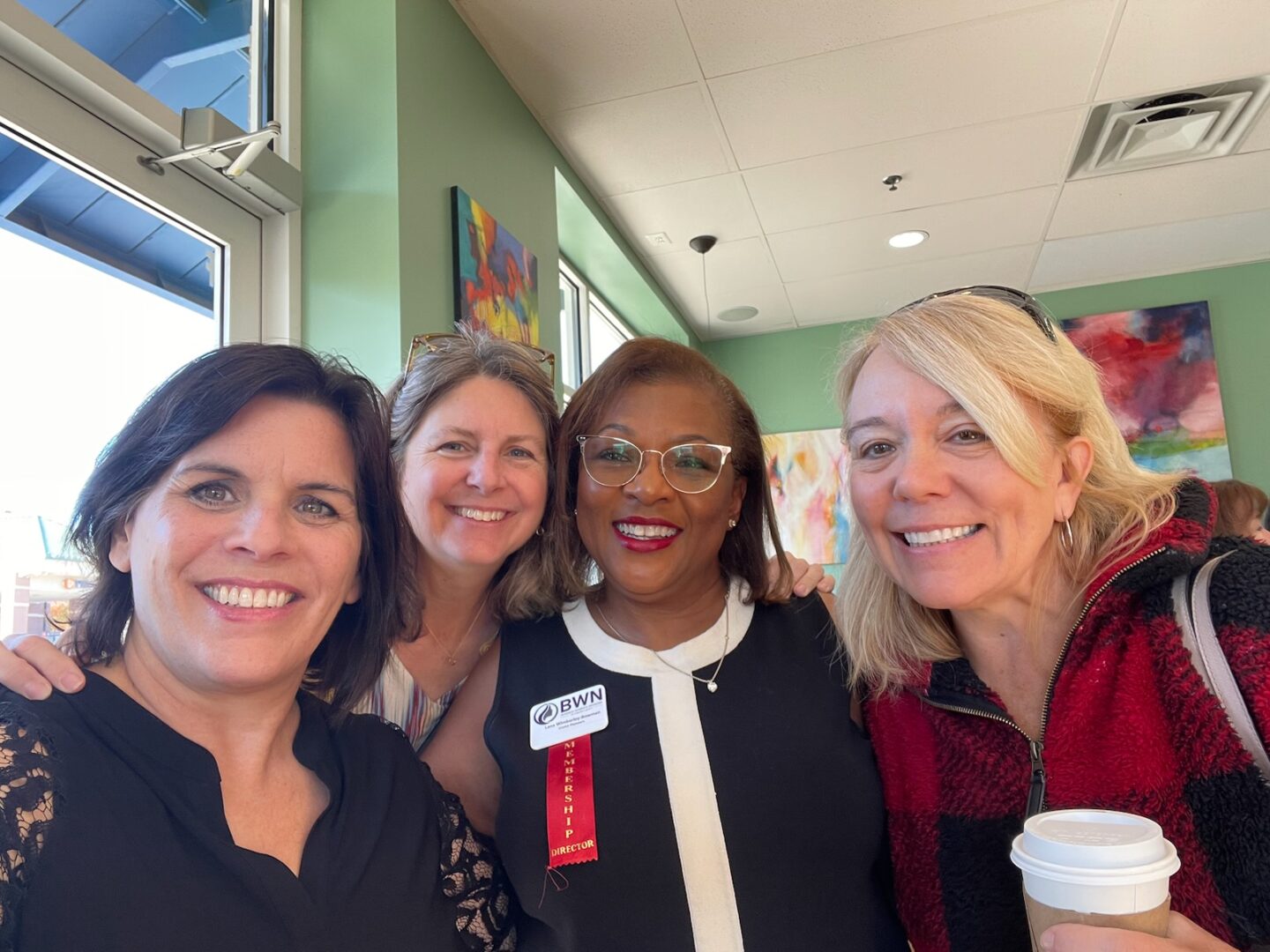
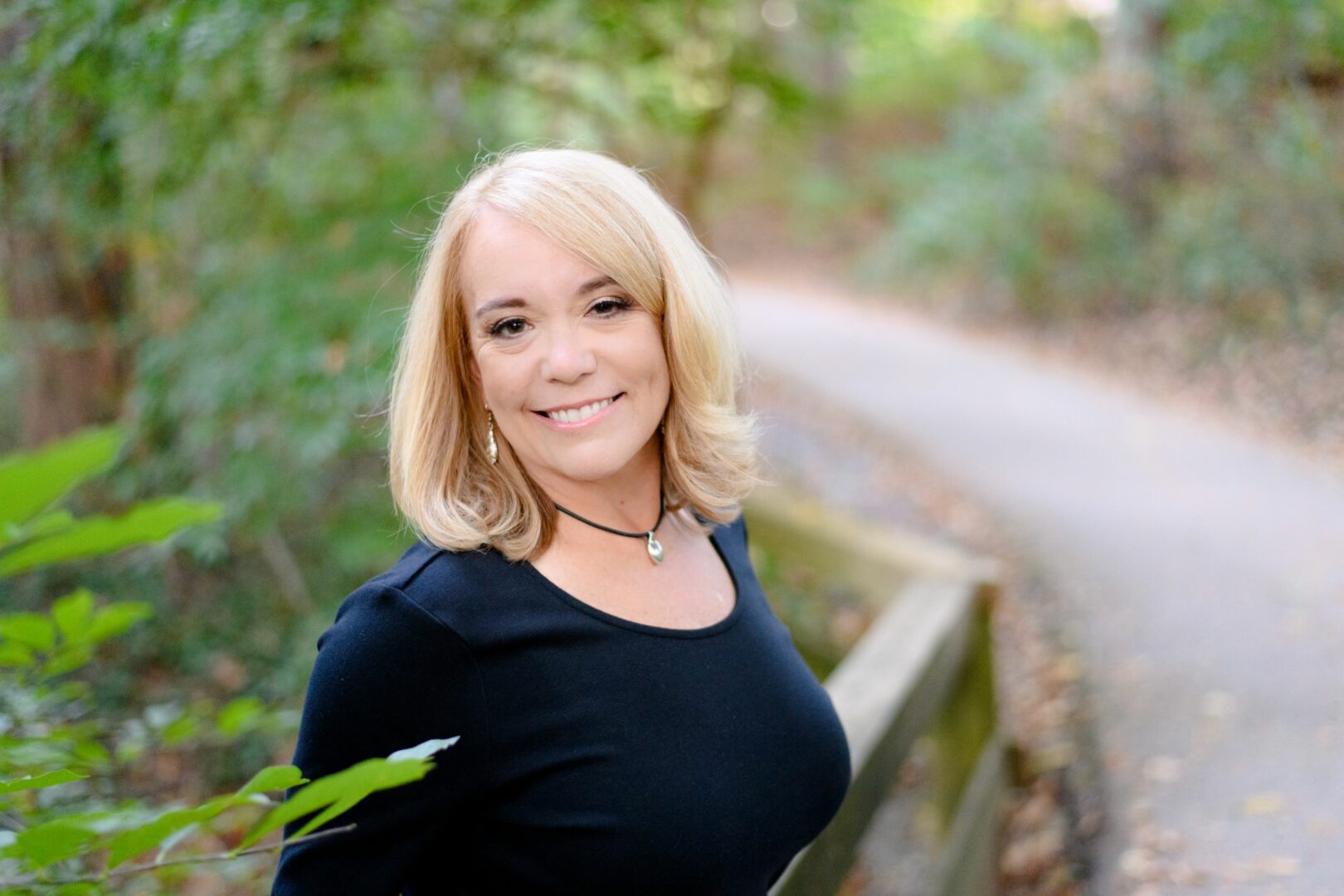
Image Credits
Chris Marcinek
Shala Graham
so if you or someone you know deserves recognition please let us know here.

